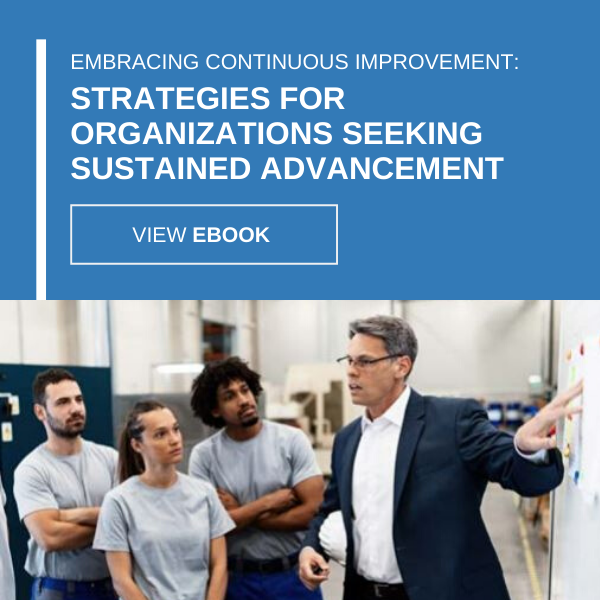
Is Operational Excellence Really Possible? 8 Ways to Achieve it… Today
There’s a popular phenomenon being shared online at the moment: “Instagram vs. Reality.” It’s two photos, side by side. One is doctored and photoshopped and filtered to look perfect. The other is what it looks like in reality. More often than not, there’s a big difference. Perfection is a far cry from reality, and not just on Instagram.
It got us thinking about operational excellence. Some operational excellence consulting firms might tell you their goal is to deliver optimal perfection in which your organization is running on all cylinders 24/7. But in our experience, reality is a lot more complicated than that. We find that operational excellence is a process. And sometimes it’s a moving target. It can change and morph, affected by myriad factors that may be out of your control, like the economy, supply chain issues, hiring problems and snafus, your best leader on the line quitting with a moment’s notice. The list goes on.
As an operational excellence consulting firm, we contend that operational excellence is a process of continuous improvement, not something static and perfect that stays that way in perpetuity. Does it exist? Absolutely. But it doesn’t stay the same.
What is operational excellence consulting?
The textbooks will tell you operational excellence is a process for improving a company’s effectiveness and efficiency — two things we happen to specialize in. The goals of operational excellence consulting read like a playbook of our typical projects: Improving productivity and throughput, reducing waste, focusing on quality and reducing defects, optimizing shifts, updating processes.
Often an end goal of Lean Six Sigma (LSS), operational excellence is a moving target. Striving for operational excellence means continuously improving, rolling with unforeseen circumstances, adapting to ever-changing tides. Here are some effective strategies we’ve honed in the pursuit of operational excellence that you can apply in your operations today.
Strive for process optimization
The cornerstone of LSS, process optimization means finding opportunities to ramp up efficiency, eliminating bottlenecks and waste, enhancing productivity, reducing defects and glitches in both the product and the process, and the whole nine yards of LSS. To read a deep dive into LSS and what it can do for your organization, download our eBook, “Lean Six Sigma: Do You Really Know These Methodologies?”
Get the right people in the right jobs…
Is everyone from the front lines to the corner office in the right jobs? Assess skills, provide training if necessary and listen to feedback so your team is ready to tackle their roles with a great work ethic and enthusiasm.
…and then empower them to do the job right
Many times, the people who work on the shop floor know a lot more about the job than the people in the C-suite. Give them the power to do their jobs and to act quickly when unforeseen situations arise.
Develop KPIs
If you’re not already establishing and monitoring key performance indicators and metrics, get on that. It helps your people know what’s expected of them, and helps you evaluate the quality of the work they’re doing. They also show opportunities for improvement.
Develop standards
Hand in hand with KPIs, standardized operating practices and procedures can ensure you’re getting the consistent results you need.
Manage by the numbers
It’s an oft-used phrase here at USC. Decisions need to be driven by data and hard numbers, not what’s “always worked in the past.” The data can tell you where to improve, what’s working and what needs to change.
Keep the customer in focus
Sometimes, companies can get so caught up in process improvements they lose sight of the end customer. By keeping their needs, expectations and wants in the forefront, you can be assured you’re hitting the mark.
Encourage a culture of continuous improvement
Culture change is easier said than done, but it’s a necessary component to operational excellence. Encourage innovation and ideas for improvement, and reward employees for finding ways to do their jobs better.
Above all, remember it’s a process, not a single achievement. Yes, you may have achieved operational excellence… today. What about tomorrow?
Enjoy the article? Subscribe to our blog to receive the latest news and content.





